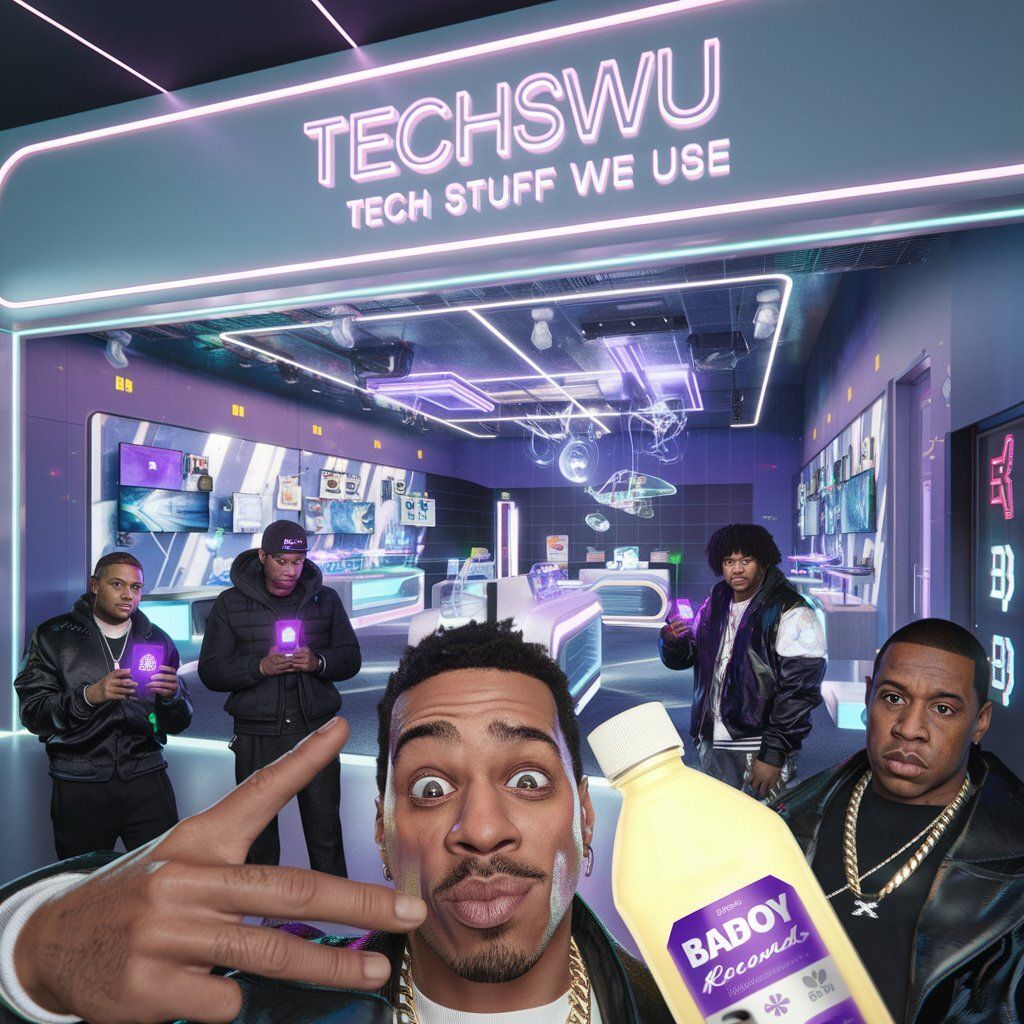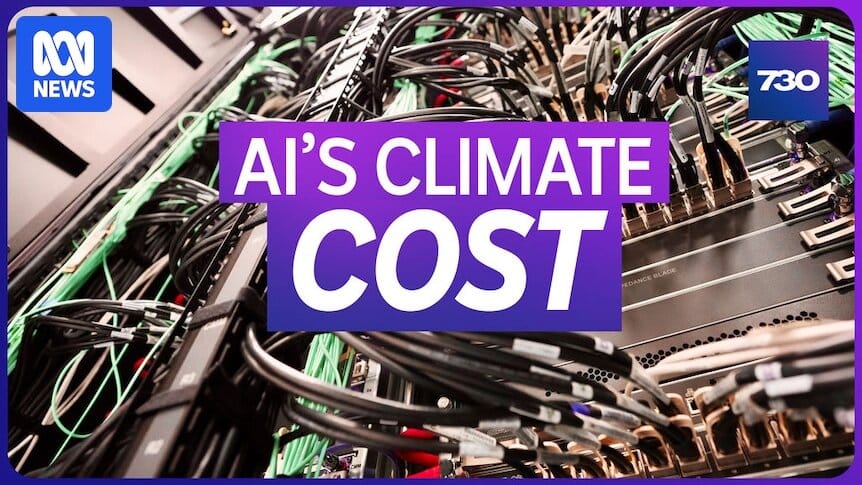- TECHSWU
- Posts
- TECHSWU
TECHSWU


Optical coatings are revolutionizing technology by enhancing the performance of lenses and mirrors used in various industries, from healthcare to aerospace. These thin layers improve durability, efficiency, and functionality through innovations like nanotechnology, which manipulates materials at the atomic level.
Exciting advancements in smart coatings allow surfaces to adapt to environmental changes, crucial for applications like smart eyewear. As demand for sustainability rises, manufacturers are creating environmentally friendly coatings that don’t compromise on performance.
Emerging technologies, including artificial intelligence in design and production, promise to propel these coatings into new realms. With industries like consumer electronics and healthcare seeking advanced optical solutions, the future looks bright for optical coatings, which will continue to drive innovation and shape next-generation devices.
As the landscape evolves, ongoing research is key to unlocking the full potential of these transformative materials.


Microsoft's upcoming ROG handheld gaming console has some gamers buzzing—and not just for its features. A recent leak suggests the prices might be shockingly high, with the base model pegged at around $699 and a more powerful version at a whopping $1,050! While these figures came from a Spanish Asus store and could be mere placeholders, they raise eyebrows in a market that includes competitors like the Steam Deck and the soon-to-be-released Nintendo Switch 2.
Reports of previous controversies surrounding Xbox and layoffs don’t help the company's image either.

DJI is stepping into the e-bike arena with its new Amflow lineup, recently launched in the U.S.
after a successful debut in Europe. These high-tech mountain bikes come with a staggering price tag—$7,499 for the base model and $10,199 for the Pro version! But what sets them apart? Both bikes boast an impressive 800Wh battery, offering a 157 km range, along with a sleek touchscreen OLED display for real-time ride stats.
Whether you’re navigating steep hills or rugged terrain, the bikes feature five assist modes and a handy walk-assist feature. While the excitement is palpable, potential buyers might be left wondering if they'll get good value for their money—after all, you could snag a decent used car for the same price! Despite the hefty cost, DJI offers a 30-day unconditional return policy for those feeling adventurous.

In a bold legal move, Elon Musk’s AI venture, xAI, has filed a 61-page lawsuit against tech titans Apple and OpenAI, claiming they are engaged in anticompetitive practices that stifle competition in the smartphone and AI chatbot arenas. The lawsuit, lodged in a Texas federal court, centers around a controversial partnership between Apple and OpenAI that allegedly gives the ChatGPT chatbot unfair advantages on iOS devices.
Musk argues that this exclusive integration discourages users from exploring other AI options, such as xAI's own chatbot, Grok. With billions in damages at stake and a jury trial requested, this case could potentially reshape the landscape of AI and mobile technology, challenging Apple’s dominance and reshuffling the app marketplace.

23andMe's recent bankruptcy and sale have sparked a critical conversation about the intersection of genetic testing, telehealth, and data privacy. After struggling with a massive data breach and plummeting consumer trust, the company filed for bankruptcy in early 2025 and was sold to the TTAM Research Institute.
The sale highlights significant regulatory gaps in U.S.
healthcare policy, particularly concerning how genetic data is handled outside of traditional health systems governed by HIPAA. As consumers demand more personalized healthcare, the outdated frameworks for privacy and security pose risks for both patients and providers.
Experts call for legislative action to better protect health data as digital health models evolve. The fallout from 23andMe's tumultuous journey serves as a cautionary tale underscoring the urgent need for updated policies that safeguard sensitive information in an increasingly complex healthcare landscape.

In the age of artificial intelligence, our reliance on clever algorithms brings significant environmental impacts lurking behind the scenes. A recent report from ABC News delves into the hidden costs of AI, emphasizing the substantial energy and water resources consumed by data centers.
As demand for AI skyrockets, these facilities—some as vast as small cities—use millions of liters of water and immense power, often drawing from public supplies. While tech giants tout advancements in efficiency, the full lifecycle of AI, including model training, generates staggering amounts of e-waste.
Transparency is often lacking, complicating our understanding of AI's true ecological footprint. Communities are expressing concerns about the encroachment of data centers on housing and essential resources.
Balancing the benefits of pioneering technology against its environmental toll is an urgent dilemma we must face. As we embrace innovation, it's crucial to be mindful of the price we pay for a smarter future.

Sony is shaking up the gaming world again! Starting August 21, the prices for PlayStation 5 consoles in the U.S.
will see a hike of $50 across the board. The standard PS5 will now retail for $549.
99, while the Digital Edition bumps up to $499.99, and the PS5 Pro hits $749.
99. The official reason? A "challenging economic environment," which seems to hint at the ongoing impact of tariffs.
Don’t worry, though—prices for accessories remain unchanged! This isn't the first time major consoles have seen price increases: both Nintendo and Microsoft have made similar adjustments recently, citing "market conditions." The latest round of tariffs could be a significant player in these changes, with industry insiders indicating that earlier inventory stockpiles are running low, necessitating restocking at the new, higher rates.